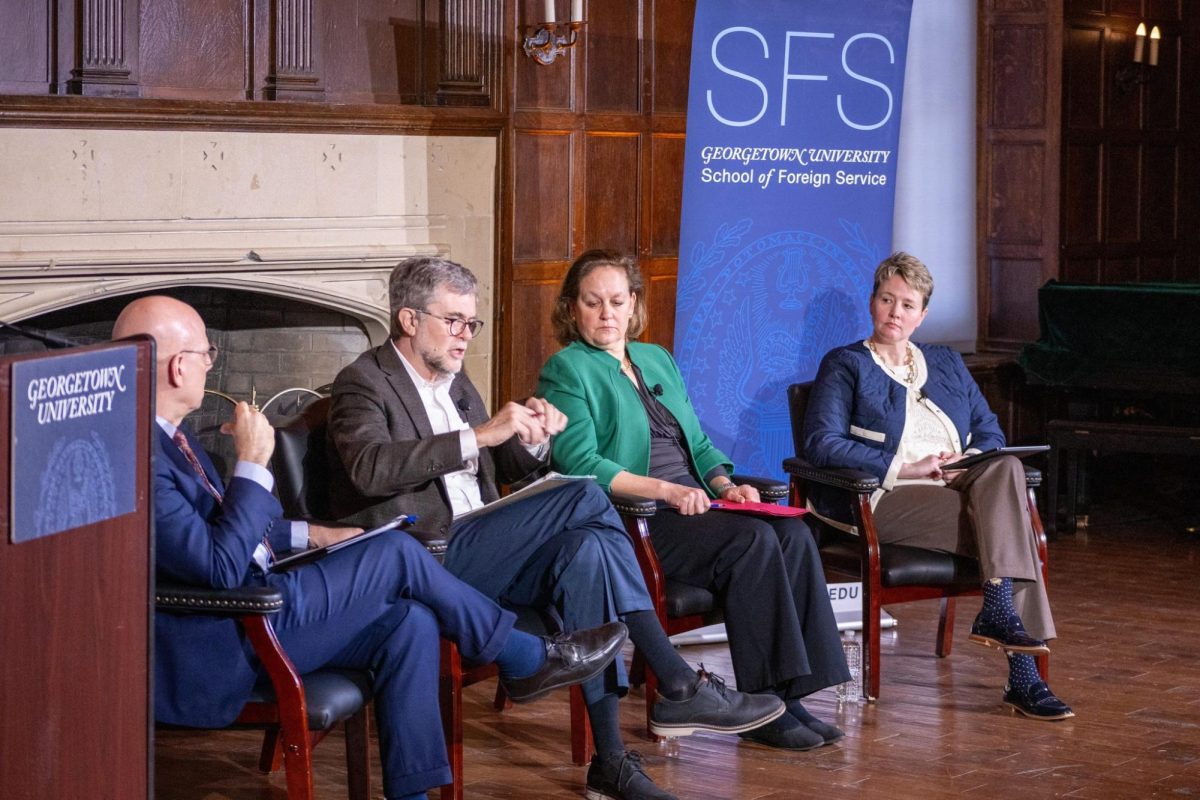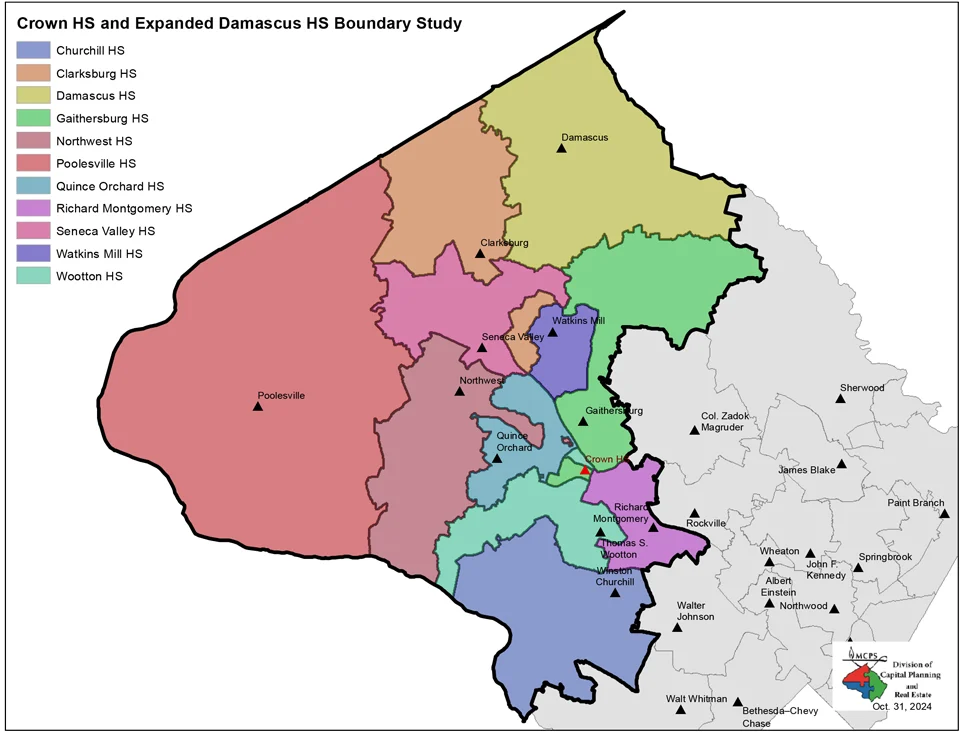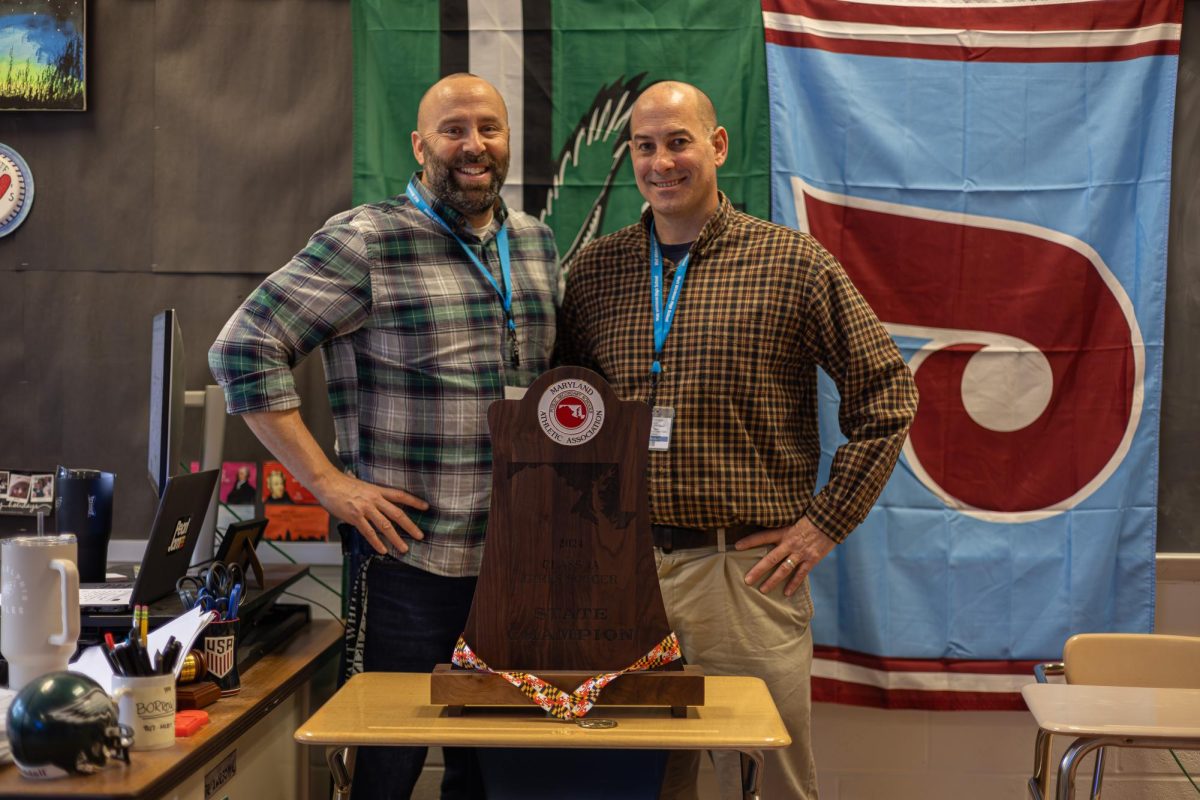Georgetown professors and former U.S. Agency for International Development (USAID) officials Carla Koppell and Jeffrey Wheeler held a panel discussing the future of international service, Feb 15. The discussion connected youth from around the world and emphasized the importance of global humanitarian aid efforts. The event was open to all participants, advisors and staffers at Georgetown University’s North American Invitational Model United Nations Conference. Whitman’s Model United Nations team competed at the conference and several students attended the panel.
On Jan. 20, President Donald Trump issued an executive order suspending foreign assistance programs for 90 days to assess their alignment with national diplomatic policy. The funding freeze shut down USAID, which provides relief, goods, training courses, health surveillance and monetary support to 189 nations, with approximately 8,000 projects worldwide. Now, most of these projects have stopped, affecting aid recipients overseas and Americans in these jobs.
The Trump administration has criticized USAID for misspending taxpayer money and not prioritizing domestic issues. The administration identified examples of “waste and abuse” within the agency’s budget, including two million dollars for “sex changes and ‘LGBT activism’” in Guatemala and six million dollars to “fund tourism in Egypt.”
Panelists conceded that while the organization may have had some unsuccessful efforts, the majority of its actions create positive change that saves millions of lives. Panelists advocated for the reciprocal effect of international relations and humanitarian aid, arguing that it puts America first by establishing allyships.
Panel member Carla Koppell — the Vice Dean for Diversity Equity and Inclusion and the Managing Director of the Institute for Women, Peace and Security at Georgetown University — highlighted the importance of international service’s benefits. Koppell formerly served as the USAID Chief Strategy Officer under the Obama and Clinton administrations. She said that while the existence of USAID is uncertain, many of the U.S.’s current trading partners began as aid recipients, so the justification for foreign development service is also based on economic self-interest.
“The U.S. is a really important donor country in the international assistance space,” Koppell said during the panel. “There’s a misperception that there’s not a domestic constituency for foreign assistance. There are a lot of equities at stake for the United States if we withdraw from the world in the way that we are engaged currently.”
On Feb. 13, a U.S. District Court issued a temporary restraining order for the cancellation of contracts and non-payment of bills due against USAID projects. As a result, programs can theoretically resume projects and begin disbursing funds as the lawsuit continues. According to Koppell, there are currently over half a billion dollars in unpaid bills for already completed USAID work, complicating partners’ financial statuses.
“There’s enormous trauma right now among the workforce that interferes with the ability to get the job done,” Koppell said. “You can sever contracts if you believe there’s noncompliance. You can let people go if you believe they’re not doing their job. There are rules governing the way that you do that, and those rules are not being complied with.”
In 1961, President John F. Kennedy created USAID to solidify various foreign aid programs and increase efficiency. Significant accomplishments of the organization include the expansion of the Green Revolution in the 1960s and ‘70s, the containment of the Ebola crisis in West Africa and the aid of Ukraine’s sovereignty.
Since the shutdown of USAID, over 51,946 American jobs and more than 100,000 jobs globally have been cut, leaving thousands unemployed. Jeffrey Wheeler, an international business diplomacy professor at Georgetown, said we’re experiencing a “tumultuous time,” as short-term prospects for employment in the international sector are poor. Wheeler formerly served as the USAID Senior Labor Advisor.
Wheeler said the U.S. is uniquely connected to other countries due to its large immigrant makeup, strengthening the demand for its presence in the global sector.
“We can look at the numbers, we can look at the logic, but what does this mean for people that you can relate to and recognize?” Wheeler said. “The answer to devastation, misery, disease is to help people. If we help them, we’re going to create a more stable world, and we’re going to help ourselves.”



















Sreemati Mukherjee • Feb 22, 2025 at 9:01 am
Excellent report! Also was introduced to the neologism ‘allyship’!!